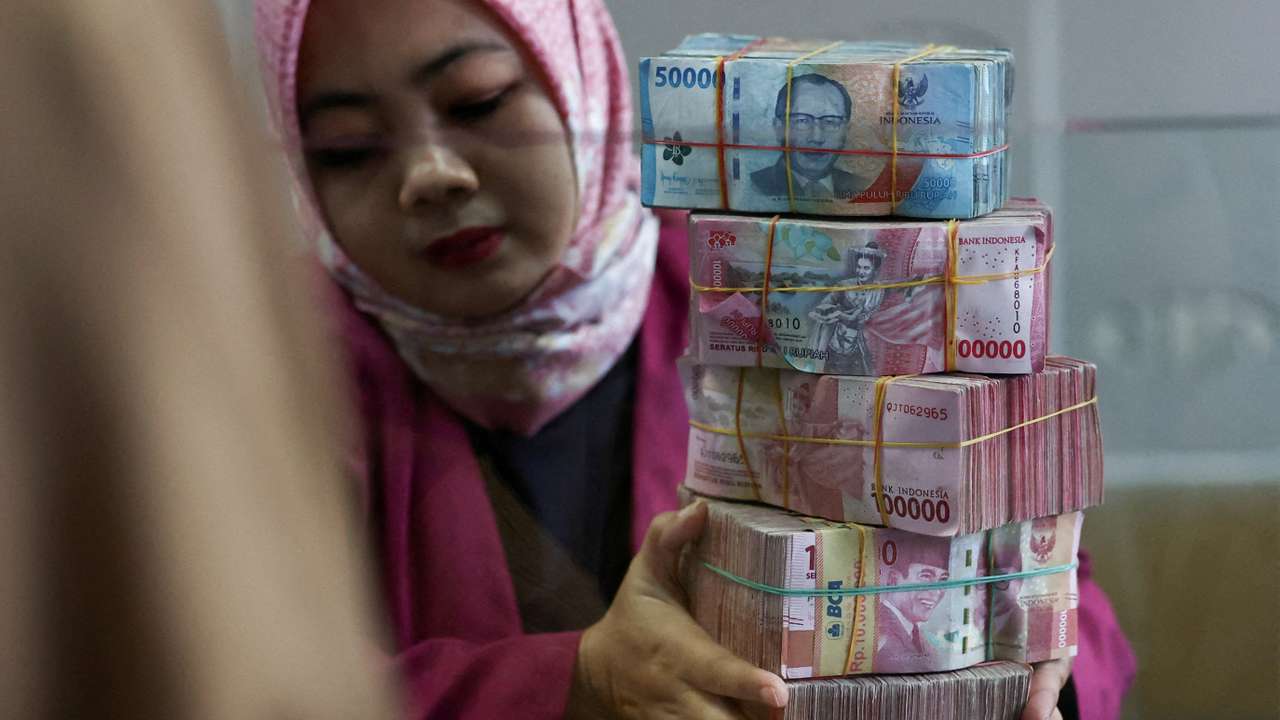What to know about Indonesia’s plan to redenominate its currency

Indonesia’s Ministry of Finance is preparing a bill to redenominate the rupiah by removing three zeroes from the current banknotes.
Although the proposed redenomination would not change the currency’s purchasing power, it aims to simplify transactions, improve economic efficiency, and enhance the rupiah’s competitiveness and credibility both locally and globally, as reported by state news agency Antara.
Under the plan, denominations such as Rp1,000 would become Rp1, and similar changes would apply to other notes, including Rp2,000, Rp5,000, and up to Rp100,000.
This initiative is part of the Finance Ministry’s 2025–2029 strategic programs. The bill is being developed under Finance Minister Regulation No. 70 of 2025 and is expected to be finalised by 2027. "A bill on Rupiah Rate Change (redenomination) is a carried-over bill planned for completion in 2027," the regulation stated.
The rupiah, which currently trades at around 16,717 per U.S. dollar (as of November 19), has high nominal figures that have led to inefficiencies in budgeting and financial transactions, according to reports.
Redenomination has been under discussion for more than a decade. A 2013 bill was delayed due to economic instability. In 2016 and again in 2023, Bank Indonesia expressed its readiness but indicated the need for an appropriate timing, with BI Governor Perry Warjiyo stating that “its execution must be cautious and consider economic and political stability.”
The transition process would be gradual. According to Bank Indonesia’s 2016 estimates, preparing new notes could take two years, and full implementation could extend up to seven more years. During this period, both old and new banknotes would be in circulation.
Economists have also noted potential inflation risks during the transition, particularly if businesses increase prices through rounding. In 2023, Teuku Rifky, an economist at the Institute for Economic and Social Research at the University of Indonesia, commented that while there were upsides to the redenomination, it was not an urgent issue for the Southeast Asian nation.
“I don’t think there is a significant advantage in this redenomination, while the need or cost for execution is actually quite large,” he said.
This story is written and edited by the Global South World team, you can contact us here.